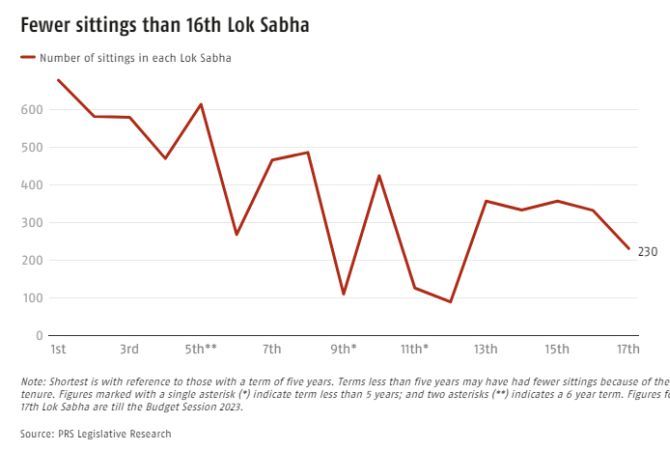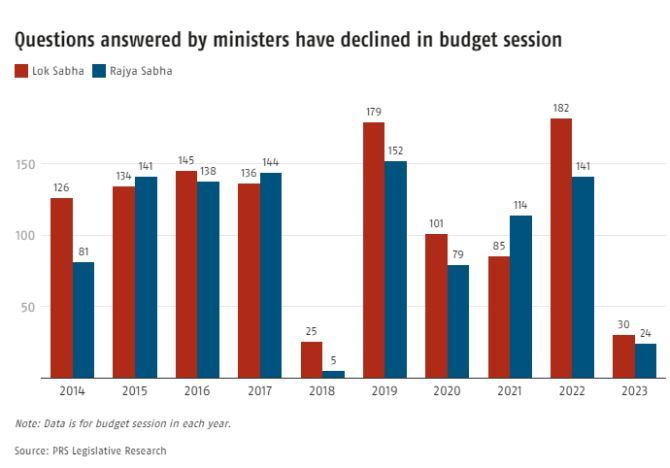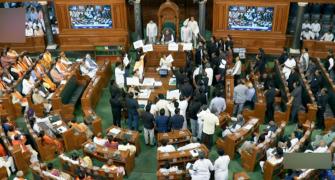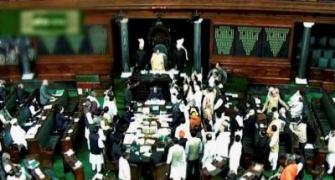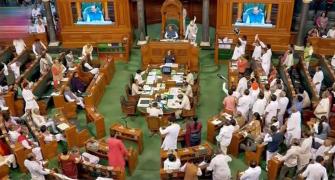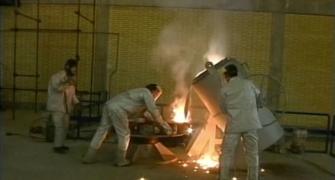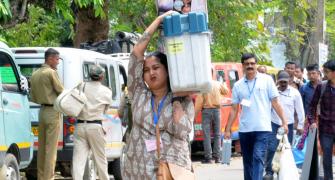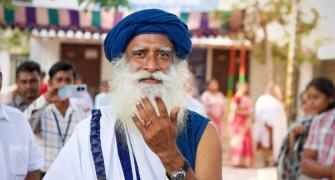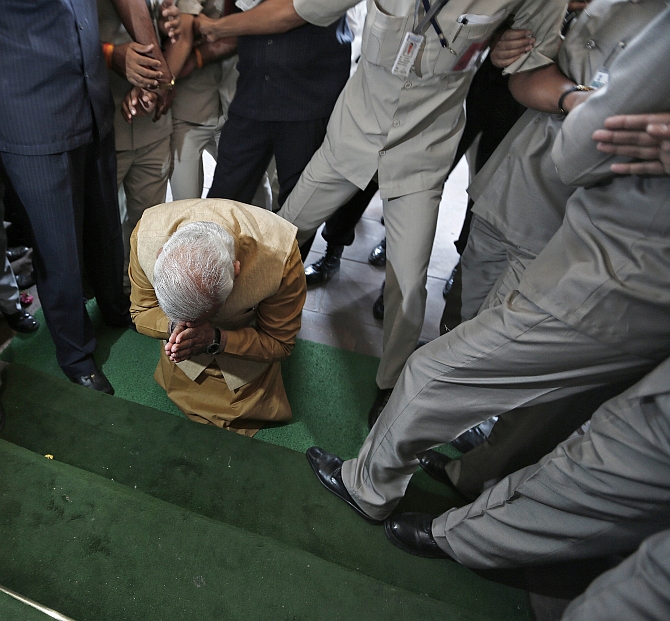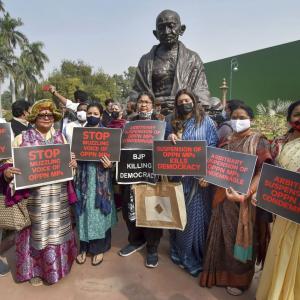'With one more year remaining in the term, and 58 average sitting days a year, the 17th Lok Sabha is unlikely to sit for more than 331 days.'
'This could make it the shortest full-term Lok Sabha since 1952.'
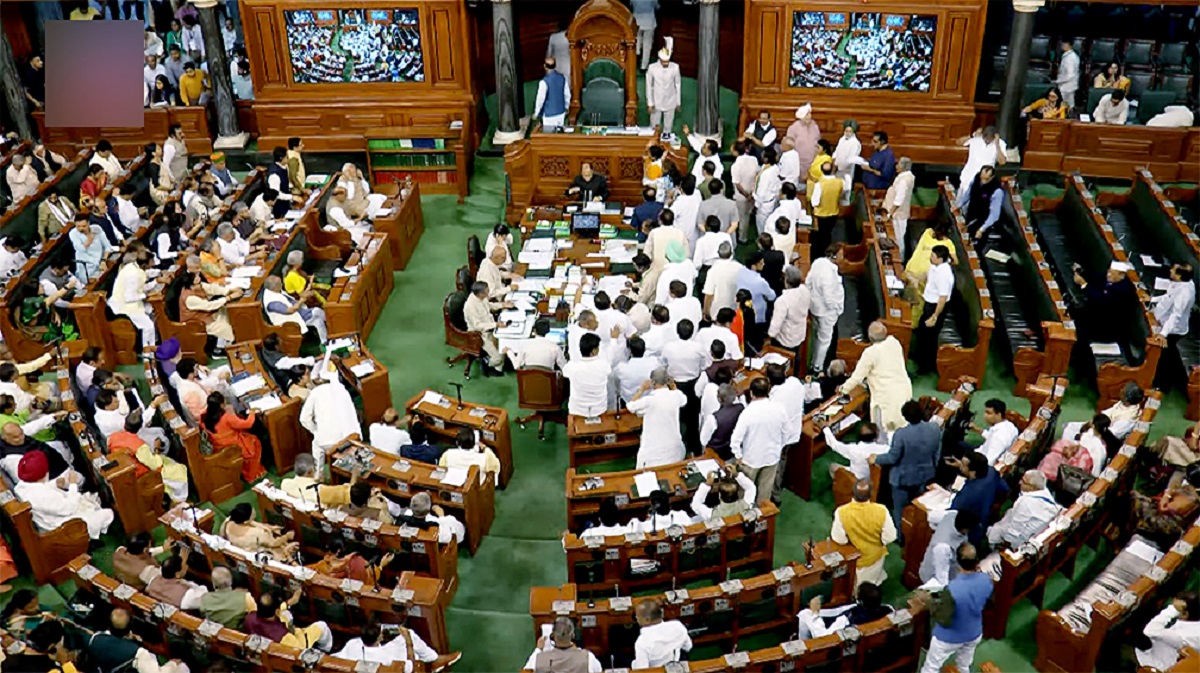
With less than a year to go, the current Lok Sabha looks set to finish with fewer sittings than any on record.
It has currently recorded 230 sittings, according to data compiled by independent body PRS Legislative Research, as part of its Parliament functioning in Budget Session 2023' report from authors Niranjana S Menon and Omir Kumar.
This is lower than the 331 seen during the previous Lok Sabha, which was already a record low for those with a full five-year term.
'With one more year remaining in the term, and 58 average sitting days a year, the 17th Lok Sabha is unlikely to sit for more than 331 days. This could make it the shortest full-term Lok Sabha since 1952,' said the report.
The latest Budget session saw limited activity, based on an analysis of questions that ministers answered during Budget sessions that Business Standard compiled from the PRS Legislative Research Web site.
Ministers answered fewer questions in the latest Budget session than has been the norm.
The Lok Sabha has typically seen 124 questions answered on average since 2014. This year, it was 30.

The Rajya Sabha has seen an average of 111 questions answered by ministers since 2014. This dropped to 24 this year.
The Budget session of Parliament ended on April 6, with a productivity rate of 33 per cent in the Lok Sabha and 24 per cent in the Rajya Sabha.
The Lower House of Parliament functioned for 45.9 hours in this Budget session, whereas the Upper House functioned for 32.3 hours.
In 2014, the Lower and Upper Houses functioned for 167.2 hours and 142.8 hours, respectively.
Time spent on non-legislation activities was the highest among others.
In 2023, the Lok Sabha spent 20.4 hours on non-legislation activities, whereas the Rajya Sabha spent 18.3 hours.
The functioning of question hours has reduced significantly. In 2014, question hour was for 22.8 hours in the Lok Sabha and 10.4 hours in the Rajya Sabha.
In 2023, the functioning of question hours was 4.3 hours and 1.8 hours in the Lok Sabha and Rajya Sabha, respectively.
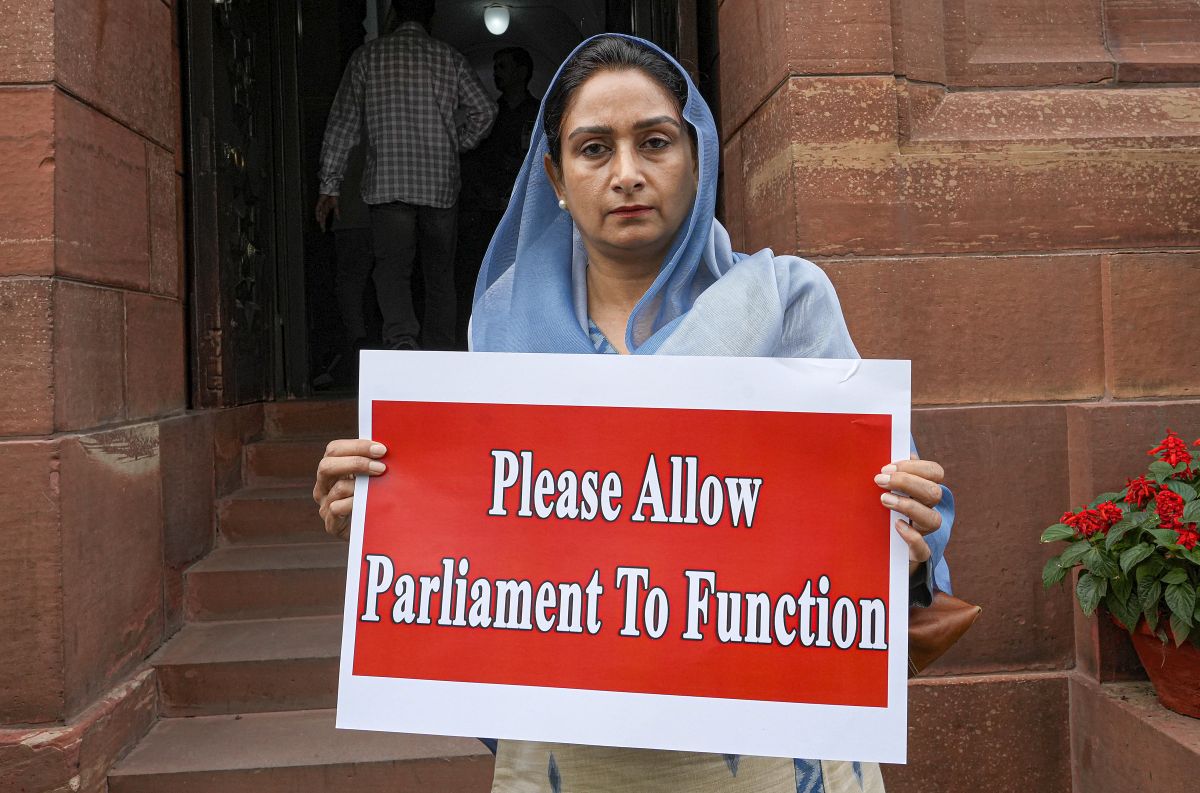
"In other democracies, the US Congress and the UK parliament sit throughout the year for around 100-120 days. They have a calendar that gets announced at the beginning of the year and take breaks in between. On the other hand, our Parliament has breaks for most of the year and meets for very small pockets," said Chakshu Roy, head of legislative and civic engagement, PRS Legislative Research.
